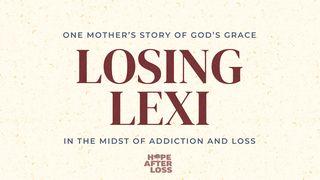Justice ParablesSample

The Sheep and the Goats
Rev. Dr. Phaedra D. Blocker
New Baptist Covenant/Palmer Theological Seminary
I have sometimes wondered why Jesus chose the images of sheep and goats to illustrate this parable. After all, sheep and goats are similar species, so why would they symbolize such different fates? Well, a little digging into animal husbandry gives us some insight into this passage.
Although the basic herd behavior of sheep and goats is similar, there are some notable differences. Sheep are described as gregarious animals who develop deep bonds with one another and form a sense of community—banding together to graze and to protect themselves from predators. There are leaders in the flock, and the flock follows its leaders, keeping the flock together. Goats, on the other hand, tend to be much more independent, aggressively fighting for dominance in the herd. Hierarchy is important to goats, and adults will bully younger or smaller goats to keep them in their place. Rather than band together in the face of danger, they scatter and fight for themselves.
In using the images of sheep and goats, then, Jesus is giving us a picture of two different mindsets. One is a mindset grounded in a sense of community, where the members look out for one another (it is said that sheep prefer to have at least four or five other sheep around when they graze, and that the group maintains visual contact with one another), and where they face danger collectively. A “sheep mindset” sees everyone in the community, from the leaders to the “least of these,” and is concerned for all.
The other mindset represents more of the “rugged individualism” that is often celebrated in American culture—even in the church. Get what you can while you can, and let others figure it out for themselves. Dominate the weak and do what you must to keep a position of power and a sense of superiority. “Goats” have a scarcity mindset that sees every “other” as a threat to what they (and those close to them) have or want. And so, they build systems—and religions—that reinforce their sense of entitlement and undergird the notion that God’s favor is demonstrated by their prosperity or privilege. They convince themselves that those who don’t have, don’t deserve to have. That those who are suffering have brought that suffering upon themselves. That the stranger must be kept outside and never welcomed in—unless, of course, they are useful, usable—and disposable. That justice requires condemnation and mercy is a notion that only applies when the “goat” wants to be excused for his or her behavior.
But this is not how Jesus characterizes the Kingdom of God. His message and mission prioritize creating a “beloved community” that values and cares for everyone, instead of protecting the position of the power and privilege of the few. This is what it means to be the church.
Join us at www.Philly.Bible to find more resources about Scripture.
american.bible
Scripture
About this Plan

Being part of the Kingdom of God should shape our personal character—and our public roles. But how? “Jesus’s Parables on Justice” features the reflections of 30 Philadelphia pastors on 11 parables that illuminate the Kingdom. The pastors help us ask good questions about these surprising stories to guide us in putting Jesus’s words into practice. Read Jesus’s words. Consider the questions. See what God says to you.
More
Related plans
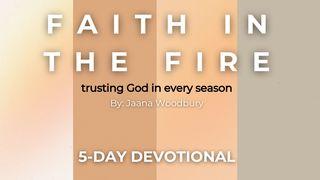
Faith in the Fire
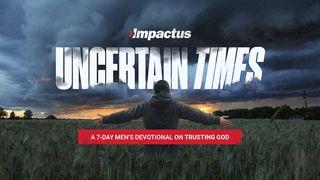
Uncertain Times

Jonah
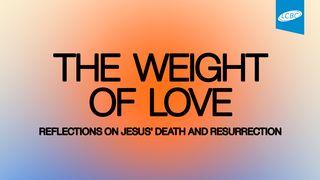
The Weight of Love: Reflections on Jesus' Death and Resurrection

Desperate Woman Seeks Friends by Kristen Strong
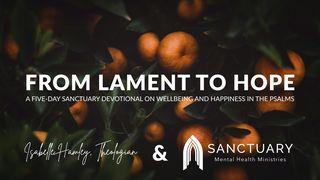
From Lament to Hope: Wellbeing and Happiness in the Psalms

Commissioned: Passion to Purpose: Living the Great Commission

Recalibrate Your Life

Healing From God
